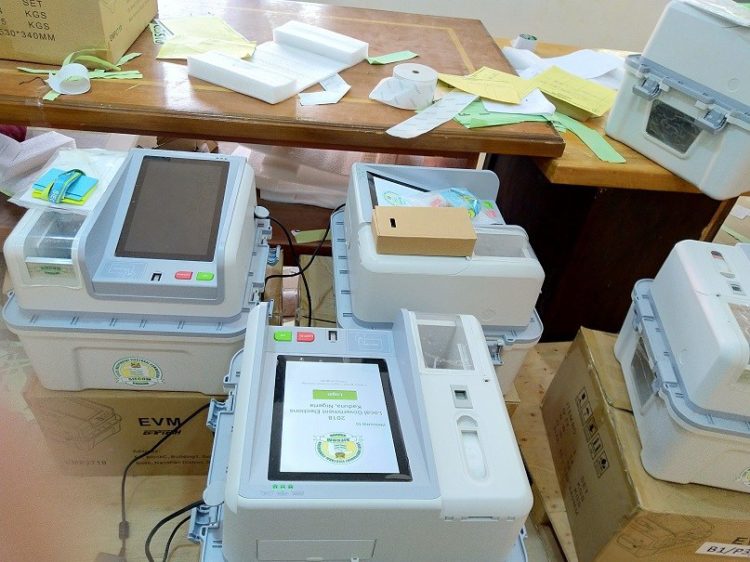Ahead of the Nigerian general elections which is expected to commence next month, the country’s Independent National Electoral Commission (INEC) announced that it will stick to the nationwide pilot electronic transmission (e-collation) of election results.
This, according to the commission’s Chairman, Mahmood Yakubu puts aside the initial proposal to electronically transmit the election results because the plan received no legal backing.
At the moment, there has been a clamour amongst the people for a transition into a fully digital process.
“The Commission is also aware of the interest expressed by the media to learn more about the commission’s electronic results transmission process, including its backend processes,” says INEC chairman.
See Also: Off-Grid Solar Firm, SolarNow Gets $9 million Fund for Expansion
The commission first tested the electronic results transmission in 2015, and all eyes are currently on the National Assembly to give it the necessary legal backing.
Some months ago, Kaduna State entered the book of record in Nigeria where electronic voting was first introduced. This move was commended as a giant stride in the history of Nigeria as it up to saved N1.7 billion that could have been spent printing ballot papers.
It is argued in some quarters that if that could have been achieved in a state, then there is no reason it cannot be implemented for a general election.














